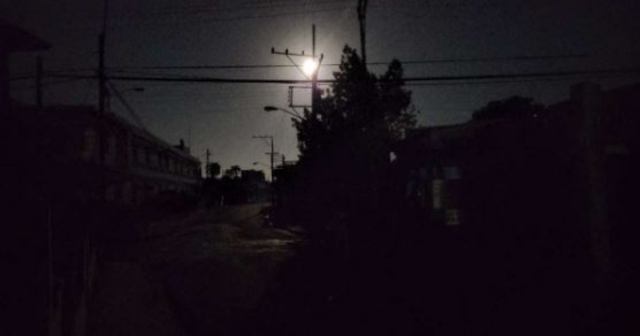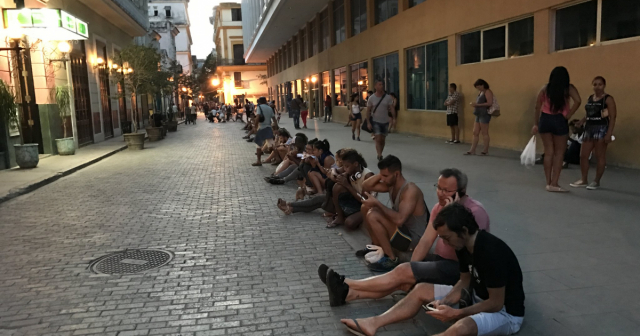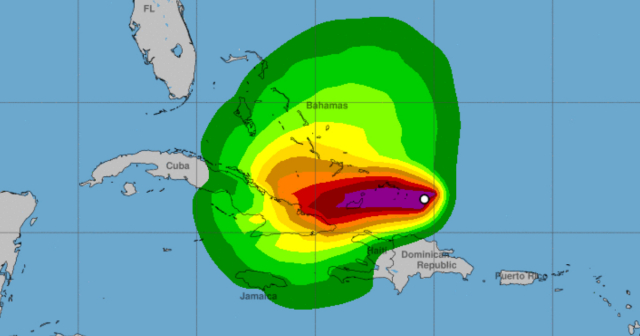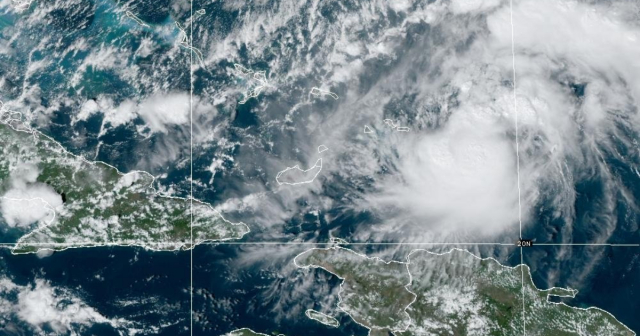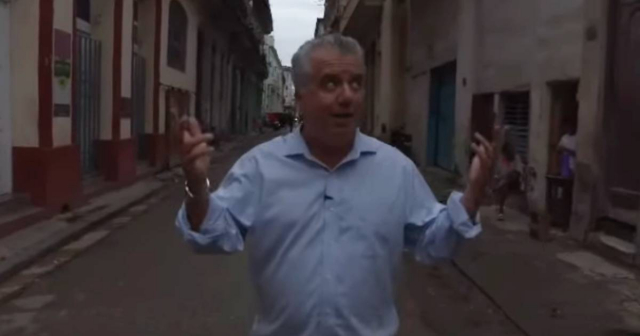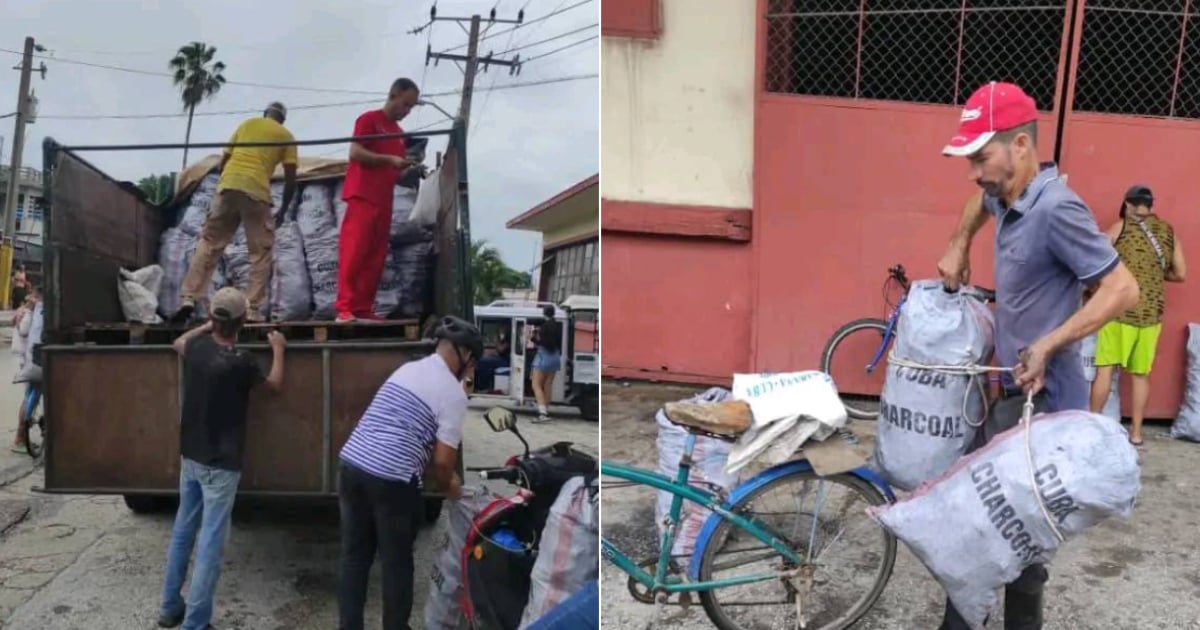
The sale of coal, an alternative that the Cuban government has found to address the massive blackouts affecting its citizens, began to be implemented in Villa Clara, precisely amidst the worsening of the energy crisis.
"Coal is being sold in the Popular Councils in Santa Clara," reported the secretary of the Communist Party in that city, Dilky Ponce.
However, although their information generalizes that sales are taking place in all Popular Councils, the Vice Mayor in charge of food production and distribution in Santa Clara, Alexander Reyes Barreto, clarified to the local station Estereocentro that sales are only happening in a place known as "la Coca-Cola," and that if the weather permits, "it will also be sold at the José Martí fair this Sunday."
The official also specified that the price of a can of coal ranges between 300 and 350 Cuban pesos.
Photos shared by officials and state media allow us to see how much this product is accepted by the population, the main affected by the massive blackout that has been occurring since this Friday in the country, and which the authorities have not yet been able to resolve.
In a country where people rely on electricity to cook food and the shortage of gas has also impacted the crisis, the buying and selling of coal has surged on social media.
Particularly, on the social network Facebook, dozens of ads circulate on buying and selling sites from desperate people looking for coal.
Independent journalist Yosmany Mayeta Labrada has documented how long lines have formed in Santiago de Cuba to acquire this resource, essential in households due to the prolonged absence of electricity.
Since mid-month, in the province of Pinar del Río, there has been a call to increase coal production as an alternative for families experiencing power outages of more than 15 hours a day in recent weeks.
The website of the local television channel Tele Pinar published the information and emphasized that "this product has become a vital resource for cooking food in the areas of Vueltabajo."
While before the general collapse of the electrical system, the Provincial Government of Las Tunas instructed on the sale of coal.
In that territory of eastern Cuba, Fidel Gordo Escobar, coordinator of Programs and Objectives of the Provincial People's Power Government, said that the distribution is concentrated in urban settlements.
What do you think?
COMMENTFiled under:

